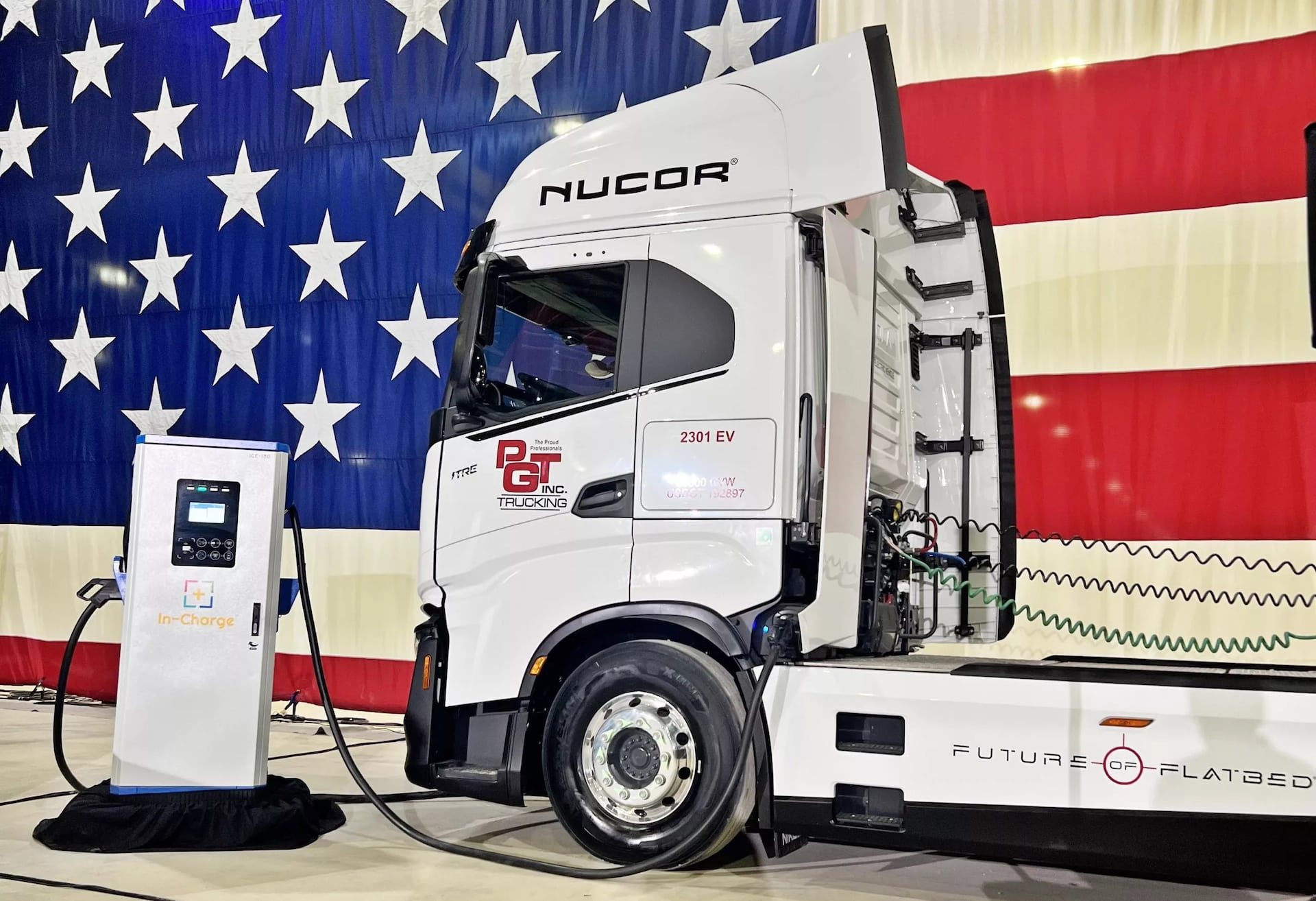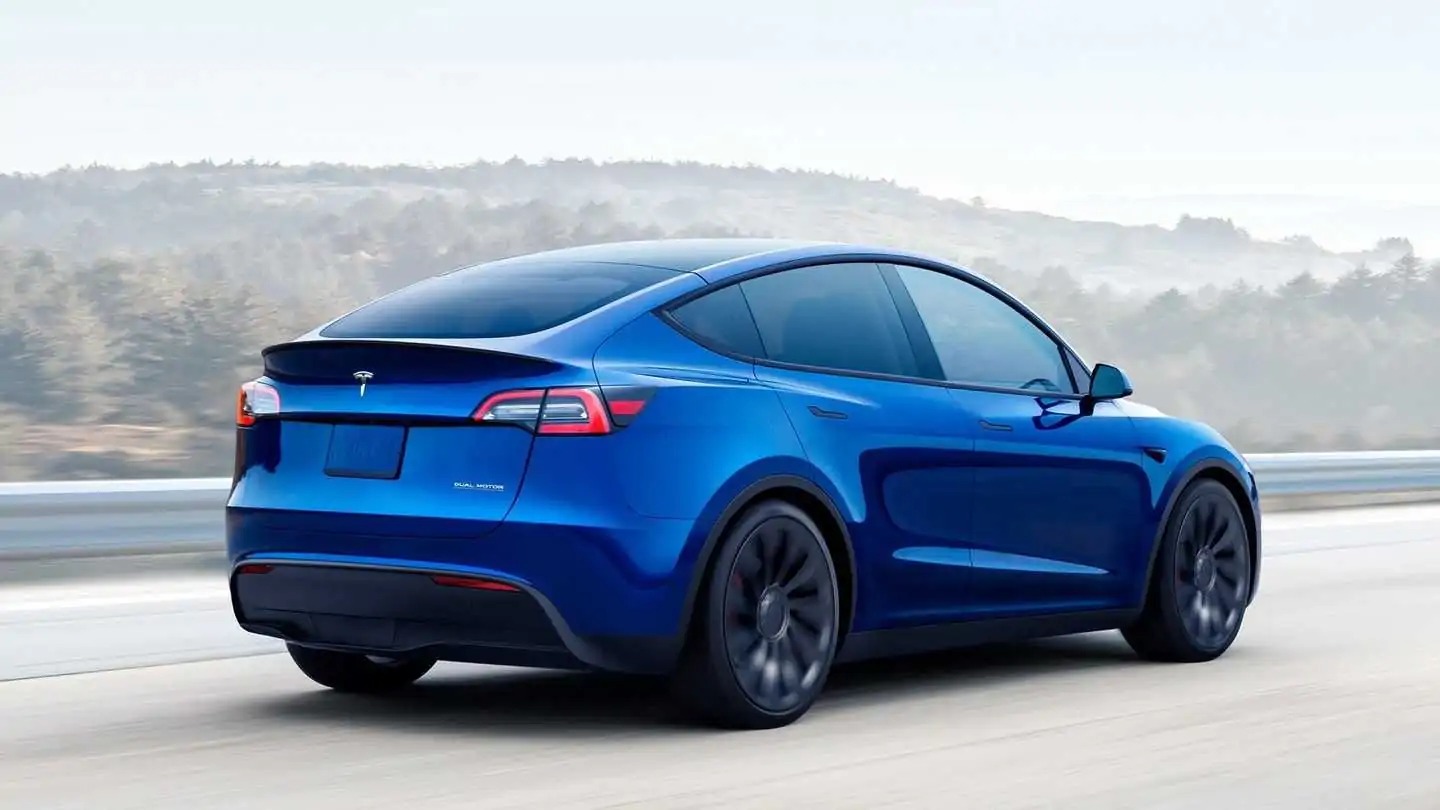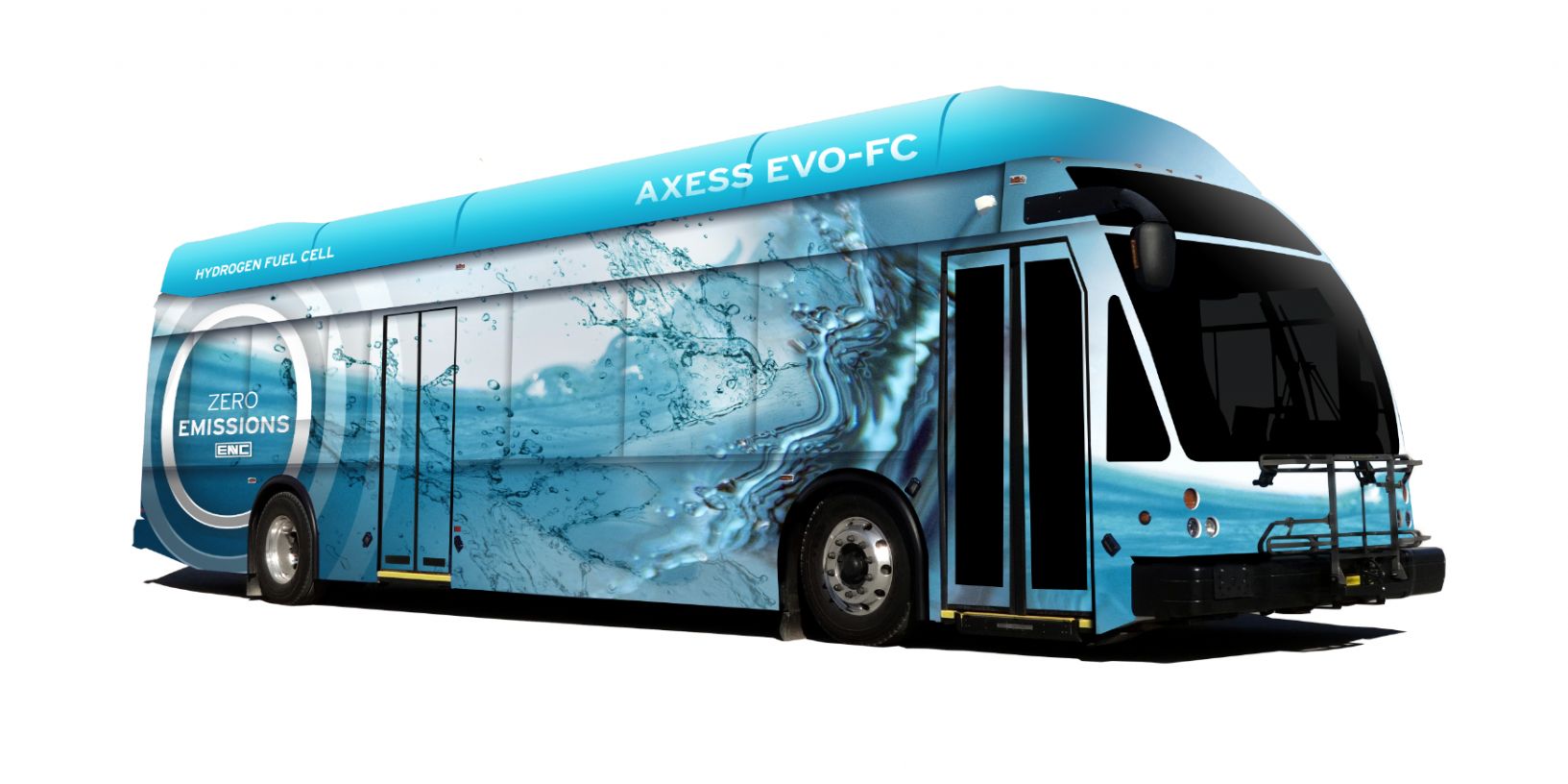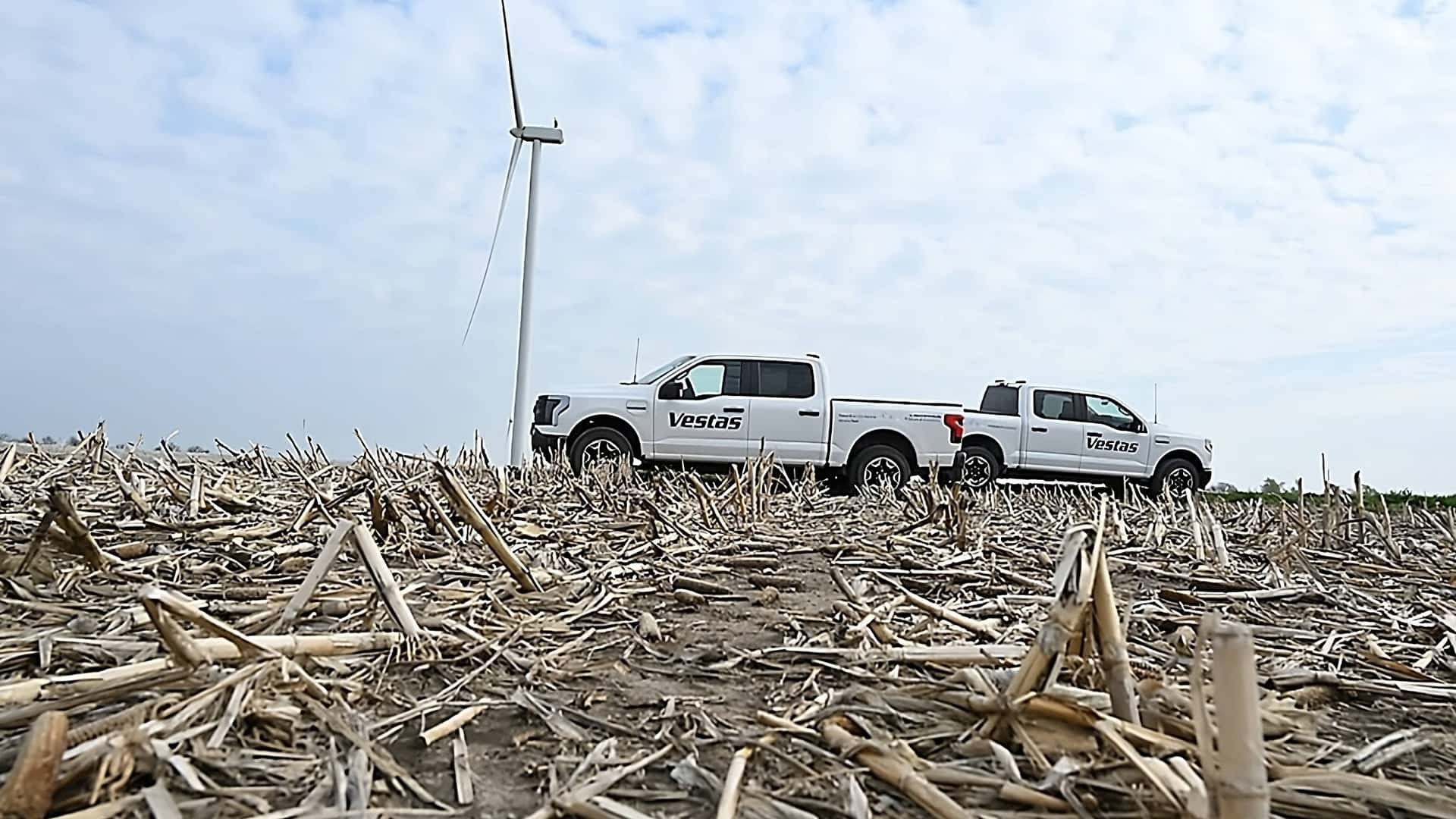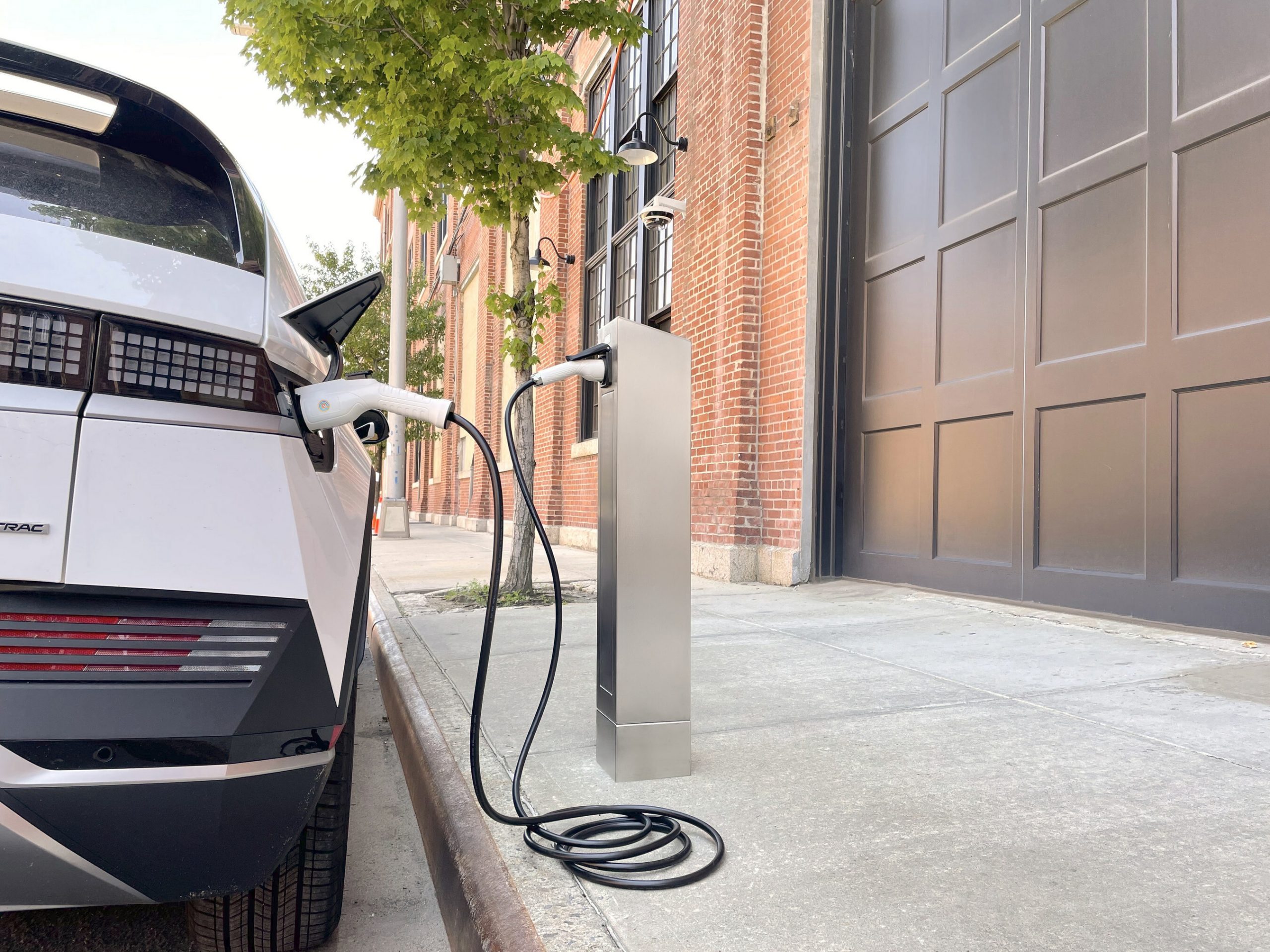A group of 27 Senate Republicans has called on the Biden administration to abandon its ambitious plan to significantly reduce vehicle emissions by 2032 and promote the sale of electric vehicles (EVs). Led by Senator Shelley Moore Capito, the lawmakers argue that the administration’s proposal would effectively force a costly transition to EVs without proper congressional direction. The Environmental Protection Agency (EPA) had previously issued a proposal in April, estimating that such emissions cuts would result in 67% of new light-duty vehicle sales being electric by 2032.
The EPA’s proposal, which includes a 56% reduction in projected emissions from the average light-duty fleet by 2026, also introduces stricter emissions standards for medium-duty and heavy-duty trucks through 2032. The agency has not yet commented on the recent letter from the Senate Republicans.
The Biden administration’s push to accelerate the adoption of electric vehicles is encountering significant resistance from Republicans in Congress. While environmental groups argue that the administration should go even further in tightening emissions limits, Republicans have been seeking to reduce incentives for EVs. In a related development, 151 House Republicans, led by Energy and Commerce Committee Chair Cathy McMorris Rodgers, recently called on the EPA to withdraw its proposed emissions standards for light- and medium-duty vehicles as well as heavy-duty trucks. The House Republicans referred to the rules as part of President Biden’s “radical rush-to-green agenda,” expressing concern that it would limit Americans’ choices and force them to purchase vehicles they cannot afford.
Meanwhile, California has made its own request to the Biden administration, urging approval of its plan to mandate that all new vehicles sold in the state be electric or plug-in electric hybrids by 2035. This bold proposal could potentially expedite the phase-out of gasoline-powered vehicles. However, the Biden administration has not yet endorsed setting a specific date for the end of gas-powered vehicle sales.
Additionally, the National Highway Traffic Safety Administration recently submitted a parallel proposal to the White House for review, aiming to increase fuel economy standards beyond 2026. The outcome of this review will play a crucial role in shaping future regulations related to vehicle emissions and efficiency.
As the Biden administration seeks to tackle climate change and reduce greenhouse gas emissions, the opposition from Senate Republicans and House Republicans highlights the ongoing debate surrounding the best strategies for achieving these goals. Balancing economic considerations, consumer choice, and environmental concerns will undoubtedly be key factors in shaping the future of automotive regulations in the United States.


